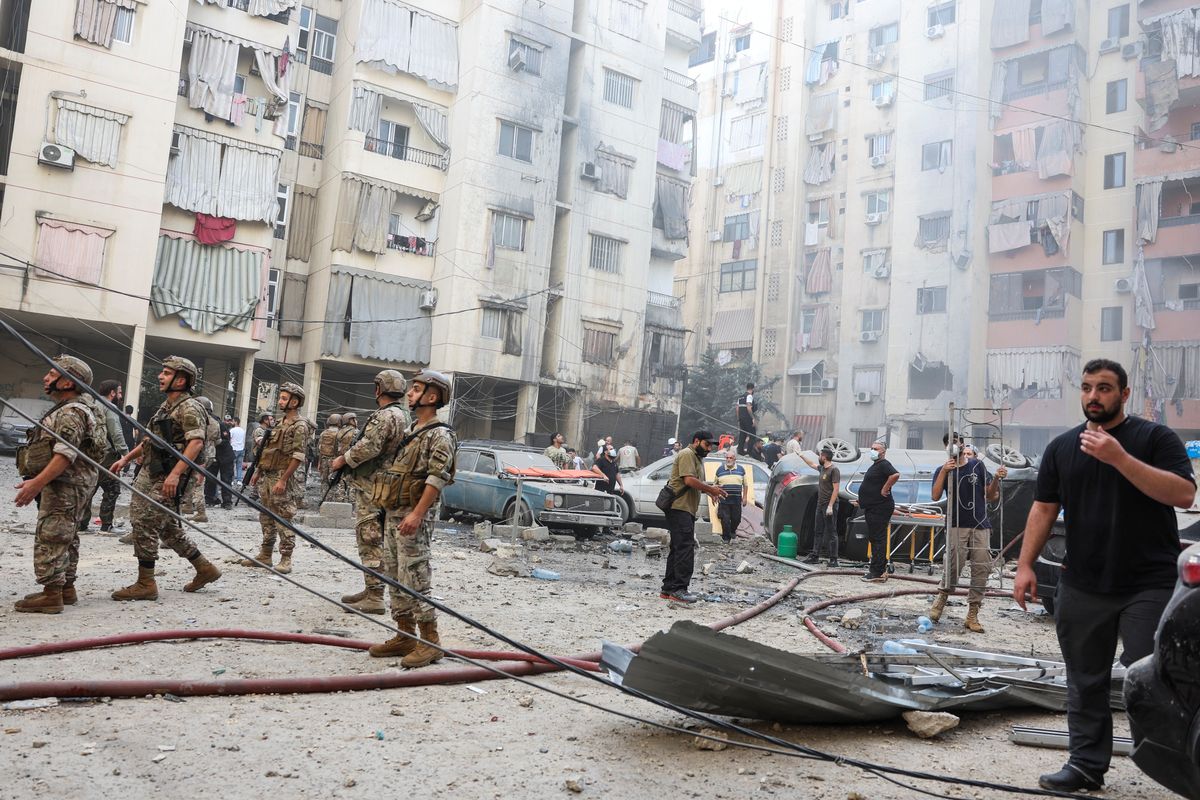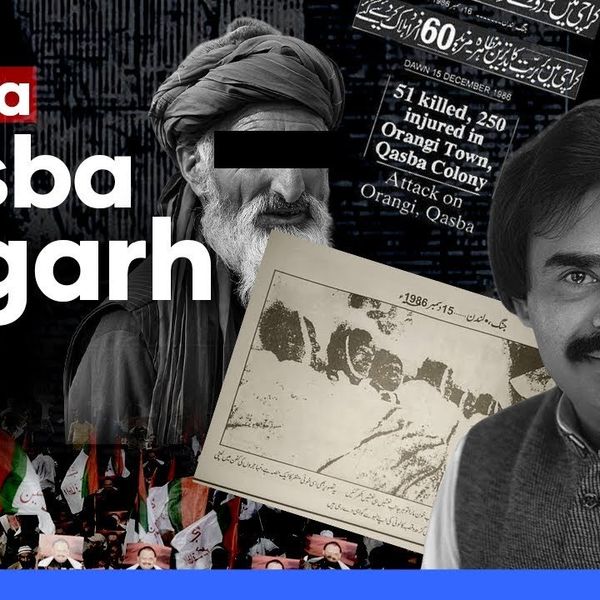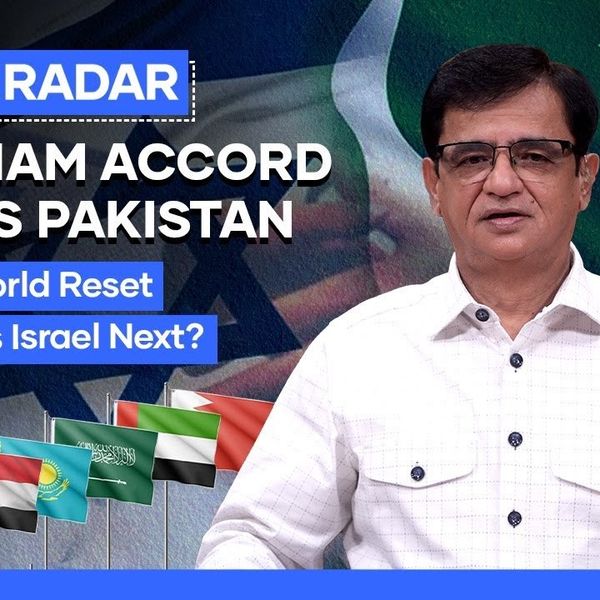Top Hezbollah commander among 12 killed in Israeli strike on Beirut
Top Hezbollah commander Ibrahim Aqil was killed in Israeli airstrike targeting Beirut's southern suburbs
Reuters
News Agency Partner
Reuters is a leading source of news and information, delivering fact-based reporting and expert analysis on international events and trends.

People inspect the site of an Israeli strike in the southern suburbs of Beirut, Lebanon.
Reuters
Israel kills top Hezbollah figure in Beirut strike.
Israel says its jets hit 100 rocket launchers.
Lebanese prime minister calls on UN to end 'technological war'.
Lebanon said 12 people were killed on Friday, giving a new toll for the Israeli strike on Hezbollah's southern Beirut stronghold -- a densely packed residential area where civil defence said two buildings had collapsed.
"The number of martyrs in the Israeli enemy strike on Beirut's southern suburbs rose to 12 people with 66 wounded, including nine in critical condition," the ministry said, adding rescuers were still looking through the rubble
Israel killed a top Hezbollah commander in the airstrike, two security sources in Lebanon said. The Israeli military and a security source in Lebanon said Ibrahim Aqil had been killed along with other senior members of an elite Hezbollah unit in the airstrike.
Reuters witnesses heard jet noise over the city around the time of the attack, and a cloud of smoke could be seen rising from the area.
"The IDF (Israel Defence Forces) conducted a targeted strike in Beirut. At this moment, there are no changes in the Home Front Command defensive guidelines," the Israeli military said, providing no further details.
Footage of the targeted area broadcast by Lebanon's Al Jadeed showed burnt out cars and a street strewn with rubble.
Hezbollah's al-Manar TV said the southern suburbs, known as the Dahiyeh, had been subjected to an act of aggression and reported that one person had been killed and 14 wounded, saying this was a preliminary toll.
Earlier, Israeli public broadcaster Kan said around 150 rockets were fired from Lebanon across the border.
Israeli ambulance service said there were no immediate reports of casualties.
Late on Thursday, Israeli warplanes carried out their most intense strikes on southern Lebanon in nearly a year of war, amid calls for restraint.
The intense barrage followed attacks earlier in the week attributed by Lebanon and Hezbollah to Israel that blew up radios and pagers across Lebanon, killing 37 people and wounding about 3,000.
In Thursday's late operation, Israel's military said its jets over two hours struck hundreds of multiple-rocket-launcher barrels in southern Lebanon that were set to be fired immediately toward Israel.
The bombardment included more than 52 strikes across southern Lebanon after 9 p.m.(1800 GMT), Lebanon's state news agency NNA said. Three Lebanese security sources said these were the heaviest aerial strikes since the conflict began in October.
There were no immediate reports of casualties.
Israel's military vowed to continue to attack Hezbollah and said its strikes throughout Thursday hit about 100 rocket launchers plus other targets in southern Lebanon.
In a TV address on Thursday, Hezbollah leader Hassan Nasrallah said the device explosions on Tuesday and Wednesday "crossed all red lines".
Israel has not directly commented on the pager and radio detonations, which security sources say were probably carried out by its Mossad spy agency, which has a long history of carrying out sophisticated attacks on foreign soil.
The Lebanese mission to the U.N. said in a letter to the Security Council on Thursday that Israel was responsible for detonating the devices via electronic messages and explosives implanted in them before they arrived in Lebanon, in line with theories that have circulated since the explosions.
The 15-member Security Council is due to meet on Friday over the blasts. Lebanese Prime Minister Najib Mikati called on the Security Council to take a firm stand to stop Israel's "aggression" and "technological war".
As Nasrallah's broadcast aired, deafening sonic booms from Israeli warplanes shook Beirut, a sound that has become common in recent months but has taken on greater significance as the threat of all-out war has ramped up.
Israeli Defence Minister Yoav Gallant said late on Thursday that Israel will keep up military action against Hezbollah.
"In the new phase of the war there are significant opportunities but also significant risks. Hezbollah feels that it is being persecuted and the sequence of military actions will continue," Gallant said in a statement.
"Our goal is to ensure the safe return of Israel's northern communities to their homes. As time goes by, Hezbollah will pay an increasing price," Gallant said.
Big, harsh blow
Hezbollah fired missiles at Israel the day after the Oct. 7 cross-border attack by the Palestinian militant group Hamas which triggered the Gaza war.
Since then, constant exchanges of fire have occurred. Although neither side has allowed this to escalate into full-scale war, it has led to the evacuation of tens of thousands of people from the border area on both sides.
Nasrallah said Hezbollah hoped Israeli troops would enter southern Lebanon because that would create a "historic opportunity" for the Iran-backed group.
No military escalation, killing, assassinations or all-out war would return Israeli residents to the border area, he added.
Israel will face "a crushing response from the axis of resistance", Iran's Revolutionary Guards Commander Hossein Salami told Nasrallah on Thursday, according to state media, referring to a coalition of Iran-aligned militant groups including Hezbollah, Yemen's Houthis, Hamas and armed groups in Iraq and Syria.
The White House said a diplomatic solution was achievable and urgent, and Britain called for an immediate ceasefire between Israel and Hezbollah. The U.S. is "afraid and concerned about potential escalation," White House spokesperson Karine Jean-Pierre told a briefing.
Speaking in Paris, U.S. Secretary of State Antony Blinken urged restraint, adding he did not want to see escalatory actions by any party that make a Gaza-ceasefire deal more difficult.
The attacks on Hezbollah communications equipment sowed fear across Lebanon, with people abandoning electronic devices for fear of carrying bombs in their pockets.










Comments
See what people are discussing